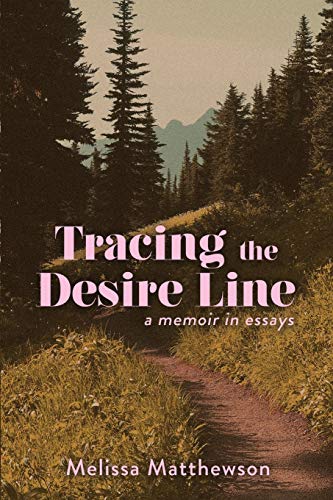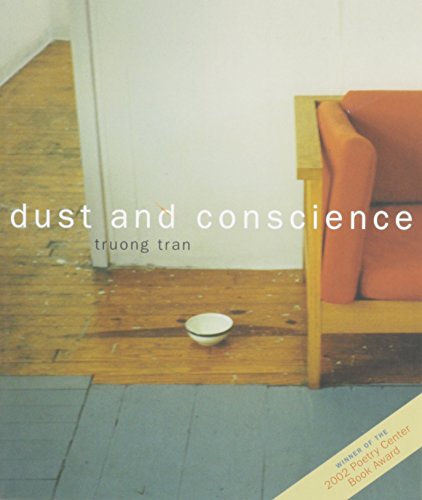This year’s winner of the Hayden Carruth first-book award at Copper Canyon Press is Jenny Factor’s Unraveling at the Name. This one is worth not only reading but re-reading. If your tastes are anything like mine, this is a book you want to own.
The poems in Unraveling at the Name trace a woman’s transition from being married to a man, through a divorce, and into single motherhood as a self-identified lesbian. Throughout, the characters of the ex-husband, the beloved small son, and the narrator’s shifting selves (adolescent, adult) rise off the page.
The book’s first poem, “Conciliation,” is one of my favorites:
We’re babies raising babies. That’s a fact.
This marriage worked its best when we had time
to raise each other. Now we rock our pains
to sleep ourselves in beds on separate floors.
I dream of women, want a different life.
The dissolution of a marriage isn’t an easy subject, but Factor resists the pull of predictability. Her narrator is not bitter, only sorry.
Yes, these poems are formal; they operate according to rules of rhyme, meter, and structure. But Factor’s use of form pushes her forward, it doesn’t hold her back. For instance, the sonnets in the sequence “Extramarital” chart the dalliance of a woman seducing a woman who is still married to a man. Poignant, painful, crisp; these poems arise from the lineage of Marilyn Hacker and Adrienne Rich. I keep returning to these lines, from “Confidential P.S.,” the last poem in the sequence:
So now when we make love, what have we made?
Not ‘life,’ although our blossoming belies
a simple definition of mere breath
and heartbeat. Surely something is implied
we do not make: not home, not spouse, not child…
In this sonnet, as in the sequence’s title, Factor defines the union by what it is not.
“Unraveling at the Name,” the book’s eponymous sonnet sequence, traces a personal history of sexuality, from first kisses to questions of desire, virginity, identity, and finally a sense of openness and peace. Factor captures perfectly the experience of being an adolescent and confused, of early sexual explorations, feelings of delight and anxiety twisted together. The sequence feels to me like a tribute to the bodies and loves, men and women alike, who made up her journey of “unraveling” and re-shaping.
One of the most finely-wrought poems in the collection, “To Twenty Canada Geese in the Palisades Industrial Park,” begins:
Ladies, it is late. The lake is ice.
You’ve surely seen the heron fly beyond
the great black oak. And watched the robins go,
the nuthatch go, the koi pond crusted silver…
Factor’s descriptions are fresh and engaging (not to mention deliciously alliterative): “Your chatter’s feminine and frisky, fond/ and fierce as fishwives gossiping at bowls/ of snap peas.” Here, as elsewhere, the iambic pentameter serves the language Factor chooses. And then there is the ending:
Ladies, it is late and I am cold.
My hands are empty. Go and find another
to bread your windy sojourn on the ice.
Across the bridge above the frozen pond,
I make my way, a woman come alone
to where the grass is dead and there’s no cover.
I choose the strangest spots to winter-over.
With these last lines, the narrator becomes part of the picture, not just an observer. Placing herself within the frame is one of Factor’s greatest strengths. Her subject matter-a change in sexual orientation, a cross-country move, and a divorce-could easily have resulted in preachy poems. But, reading these poems, I never had the feeling she was trying to shove an agenda down my throat.
Not everything here is serious. Some of the poems are whimsical, like “While Undressing.” On first glance it’s a romp, a paean to everything wonderful about girls: “A girl’s jeans zipper beckons me to pull/ and coax the tongue to fabric separation”-but the italicized words at the end of each couplet’s first line spell out a sentence about watching girls disrobe. I am reminded of the “Rude Rounds” by the supposed PDQ Bach, in which two benign songs intertwine with bawdy result.
Some of the strongest images in Unraveling at the Name are images of motherhood. The deep and abiding tenderness she feels for her son comes clear in poems like “Moving to California,” which begins “My son runs to stand at the edge of the pool/ in his snorkel, mask, and tube, then will not touch the water.” His apprehension at the depths of the unknown match her cautious, abortive forays into the depths of her sexuality described in “Conciliation.” Her son’s journey from childhood to adulthood, she seems to be telling us, will be, like her own, fraught. But this doesn’t mean the journey won’t be worthwhile. In the midst of everything difficult, Factor persists in finding beauty.
In the third and final portion of the book, Factor brings us dialogue right out of children’s mouths. In “Lullaby of a Single Mother,” we get lines in her son’s imagined voice: “I bulldoze rocks. I cut the hay./ I wash the sand. I smooth the road./ I lay the tar. I dig holes deep. // I hum my mother’s world to sleep.”
In some ways, this is a book of poems written out of quintessential female experience. Motherhood, lesbianism: these are things only women can experience, and Factor writes about them with insight and emotion and vigor. But regardless of gender, sexual orientation, and parenting experience (or lack thereof), a reader can’t help being awed by Factor’s proficiency with language and moved by the honest, engaging retellings which are these poems.

